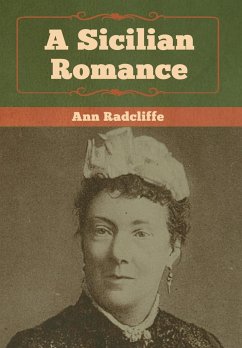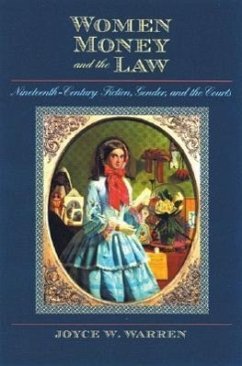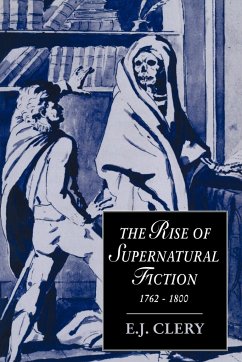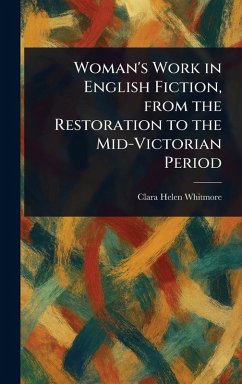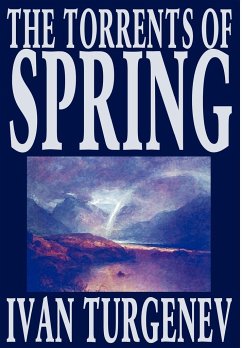
The Torrents of Spring by Ivan Turgenev, Fiction, Literary, Poetry
Versandkostenfrei!
Versandfertig in über 4 Wochen
31,99 €
inkl. MwSt.

PAYBACK Punkte
16 °P sammeln!
The story centers around a young Russian landowner named Dimitry Sanin who falls deliriously in love for the first time while visiting the German city of Frankfurt. It is widely held as one Turgenev's greatest novels as well as being highly autobiographical in nature. "You saved my brother's life, we want to thank you -- come to see us this evening: we are so indebted to you -- mother wants to. You must tell us who you are, you must rejoice with us . . ." "But I am leaving for Berlin today," Sanin faltered out. "You will have time," she said. She was so beautiful. So beautiful.



